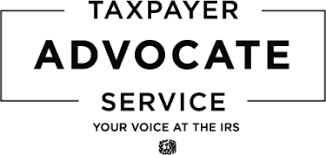2025 FinHealth Spend Report Shows the Price of Participation in America’s Financial System Hit $455 Billion in 2024, with Financially Vulnerable Bearing the Heaviest Burden
Fees and interest surged by nearly $100B over two years as student loans resumed and credit card debt grew, costing Financially Vulnerable households 17 times more of their income than Financially Healthy households.
FinHealth Spend 2025: The Cost of Financial Services For American Households
Financial Health Network research reveals that Americans spent $455 billion in financial services fees and interest in 2024 as credit costs, student loans, and deep inequities strain households.
Overdraft, NSF Fees Bigger Burden Than Previously Estimated
In 2024, consumers spent $12.1 billion on overdraft and NSF fees – approximately 48% more than previously thought.
Financial Health Pulse: U.S. Financial Health Trends and What We Can Do About Them
Since 2018, the Financial Health Network has conducted the Financial Health PulseⓇ research initiative to identify national financial health trends.
J.D. Power Study Finds Cash Back Credit Cards Are More Popular As Financial Pressures Mount
As consumers grapple with high inflation and rising credit card balances, they’re shifting away from travel rewards in favor of cash back credit cards, according to the J.D. Power 2024 U.S. Credit Card Satisfaction Study.
If Your Debt Is Ballooning, There Are Steps You Can Take
More borrowers have been falling behind on their credit card bills and are paying for more basic banking services, like A.T.M. fees.
FinHealth Spend Report 2024 Finds Spending on Interest and Fees Climbed 17% to Reach All-Time High of $415 Billion
New data from Financial Health Network shows credit balances, spending on interest and fees, and unmanageable debt all increased for Americans, with the financially vulnerable and people of color paying an outsized portion.
FinHealth Spend Report 2024
Amidst a year of high interest rates and decelerating inflation, spending on financial services tops $400 billion for the first time.
IRS Should Ensure Customer Service Enhancements Are Accessible for Taxpayers with Disabilities
The IRS is in the midst of reinventing itself by offering taxpayers several new customer service options. These enhancements will undoubtedly provide better customer service to taxpayers, but the IRS must design them so they will be accessible to all.









